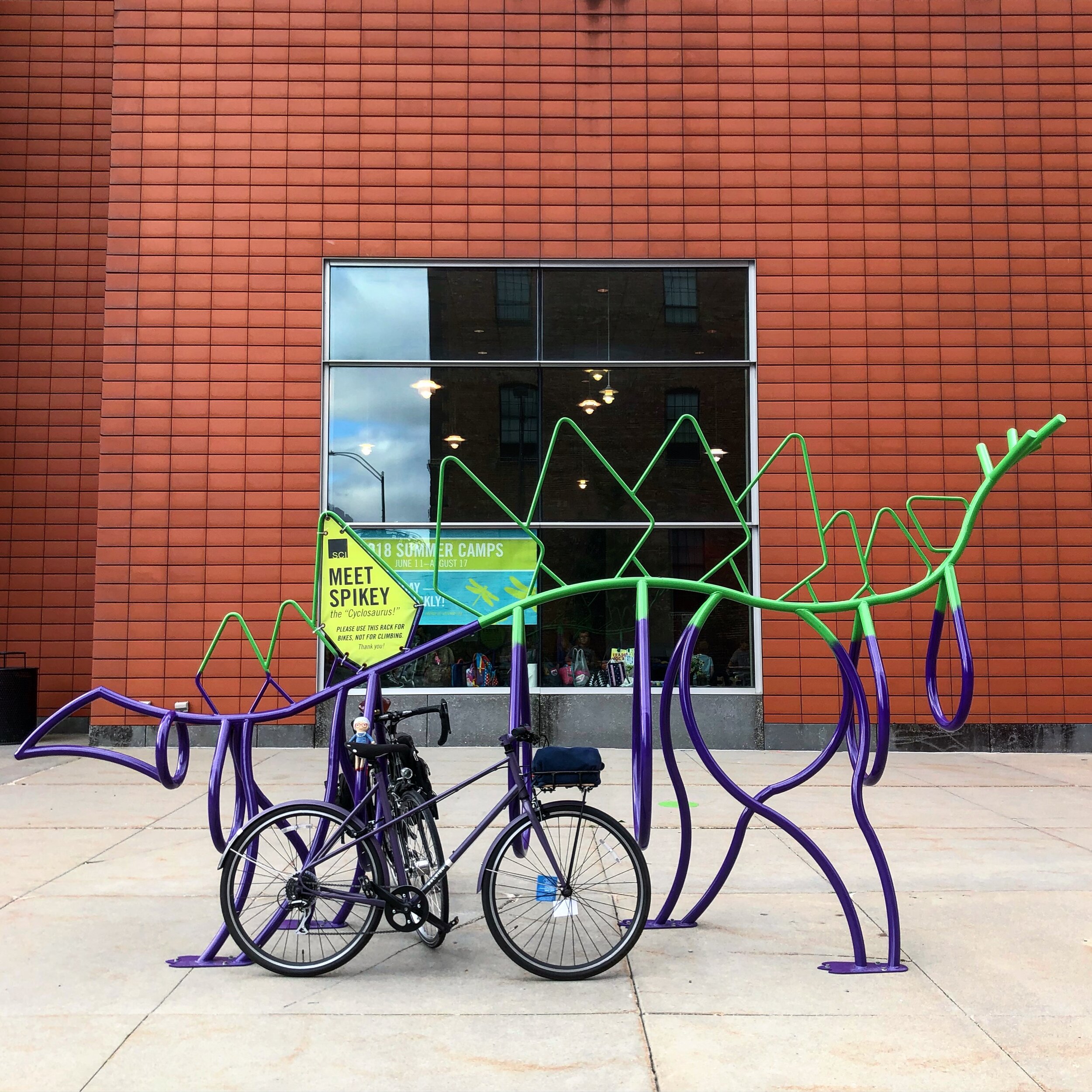With every conference I attend, I find myself better understanding my professional wants and needs. Last year I gave mini reviews of four national preservation conferences (click here to read), but this year I wanted to delve into some strategies to help you decide on what conferences could benefit your professional growth.
Ask yourself “What are my goals?”
Are you a professional happy with your current job, but looking to further your knowledge on a specific topic?
Have you recently finished a project you are proud of and that you think could benefit others (the process, the end result, etc.)?
Are you an emerging professional looking to make that leap from student to a full-time employee?
Maybe you are the only practitioner of your specialty at your work place and you are looking to network worth with others who share your interests?
Do you run a business and you are interested in acquiring new clients?
Whatever your reason for attending a conference is, your goals likely boil down to one or more of these categories: education, procuring work, or networking. For each goal, I’m going to offer a few strategies for identifying what conference is right for you and providing preservation conference suggestions.
I enjoyed a bike tour during FORUM in Des Moines (2018); I highly recommend signing up for tours and hands-on experiences during conferences. Experiential education can spark some of the best ideas.
Education
While conference content changes annually, you can get the general gist of things by looking at past conference agendas. These can frequently be found online.
Ask your peers! I highly recommend joining the Historic Preservation Professionals Facebook group and asking the network of almost 4,000 members if they have suggestions on where to further learn about x-topic and if there are any specific conference recommendations. Peer feedback is invaluable when selecting what conference to attend.
Recommendation: If you are looking to further your understanding about historic district commissions, architecture review guidelines, and preservation ordinances, I recommend attending the National Alliance for Preservation Commissions conference, FORUM, which is every other year. FORUM will be hosted in Tacoma July 22-26, 2020.
The Place Shapers Retreat in Detroit had hand painted motivational banners hanging in the session rooms, creating a warm environment.
Procuring Work
Whether you are looking for full time employment or are seeking clients for your business, conferences can be a great place for you to be.
Select a conference based on where it is located. Ex: If you want to work in Michigan, go to the Michigan Historic Preservation Network’s annual conference.
Select a conference based on its content. If you are looking for nonprofit advocacy work, consider going to the National Trust for Historic Preservation’s PastForward.
Look for a job board or ways to identify yourself as someone hiring and/or seeking a job. IDEAL ’19 had a job board on site and attendees could add stickers to their name badges that indicated if their organization was hiring or if they were seeking a job.
Stay on top of conference session submission deadlines. The best way to pitch your work is to show it off. Your presentation should show off your work, illuminate others on your expertise, and give away a few helpful tidbits that attendees use to benefit their work right now. Your session may help an organization hire you OR be a way to encourage people to reach out to you as a topic expert (not everyone who presents is looking for a new job, but being a topical expert is badass).
Recommendation: It takes a bit of time to figure out the best way to pitch yourself. Be willing to try new conferences. In 2020, I will be attending the National Council for Public History conference for the first time. I’m attending NCPH based on my peers saying it has valuable educational content and because I want to see if their attendees (museum professionals, historic site managers, and other cultural institution employees) may be prospective clients or creative partners. This conference checks all three of my conference goals for 2020 - education, pitching, and networking.
Networking
Tyrell Anderson of the Decay Devils and I got a chance to catch up at PastForward in Denver this year. We have built our friendship to extend beyond conferences and in 2020, we will be partnering on a Rust Belt Takeover in Gary, Indiana.
Networking is not just about finding a job, it is about making friends! Smaller conferences are easier for cultivating meaningful relationships, because you are more likely to repeatedly see someone throughout the day, sit in the same sessions, and potentially eat a meal together.
Pick out sessions, tours, or special events that directly align with your special interests. The people who are in those spaces have shared interests, so if for example you are in a session on radical women - chances are you have a great conversation starting off point! Ask why they selected x- session and find out if their attendance connect to a work project or something else.
Recommendation: Ticco’s Place Shapers retreats restrict attendance; I enjoyed attending the Place Shapers retreat in Detroit. With a capacity of 50-attendees the retreat presented a variety of intimate settings for conversations including a large group dinner at a retro style diner.
Once you hone in on your goals it is time to create a conference budget. Check out my blog Buying Down Conference Costs for a few tips on planning ahead and saving some cash.




